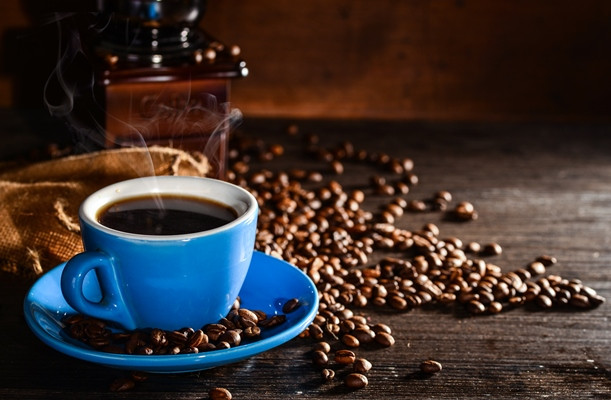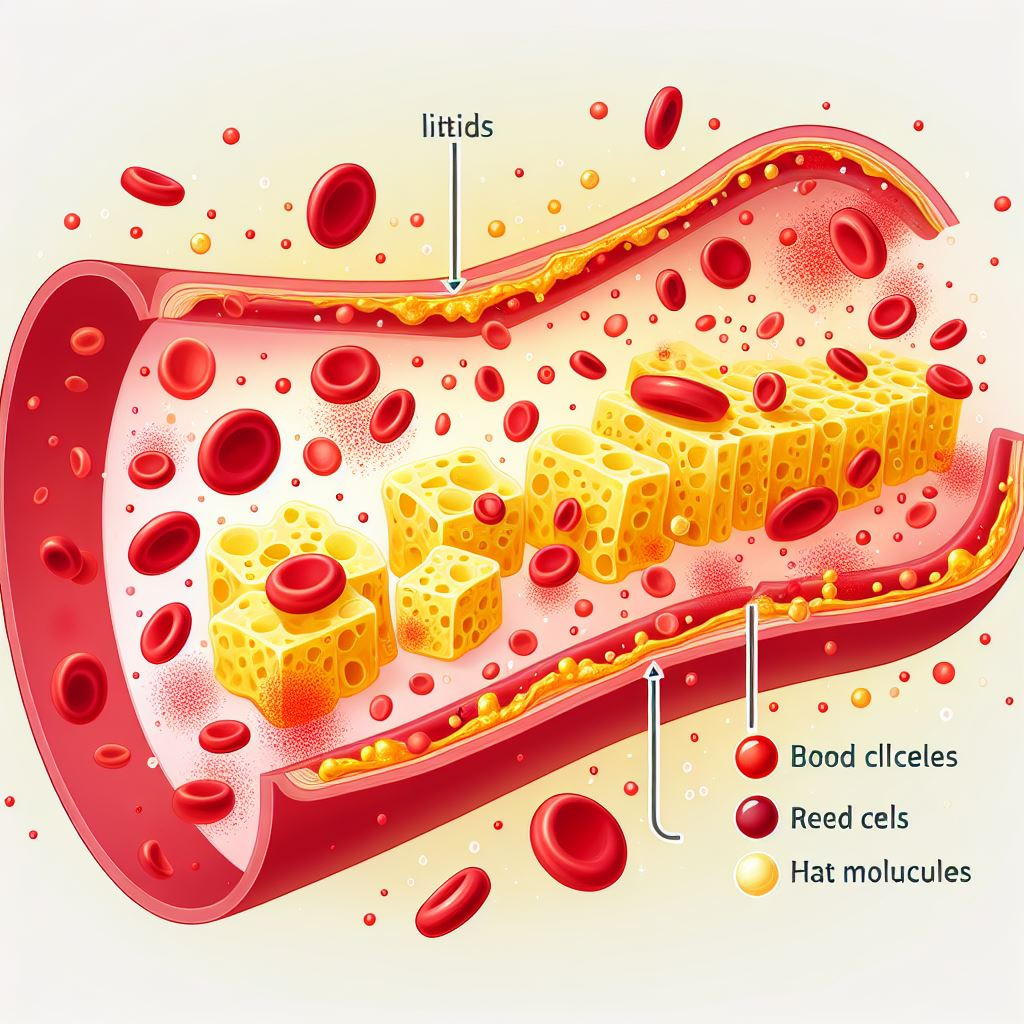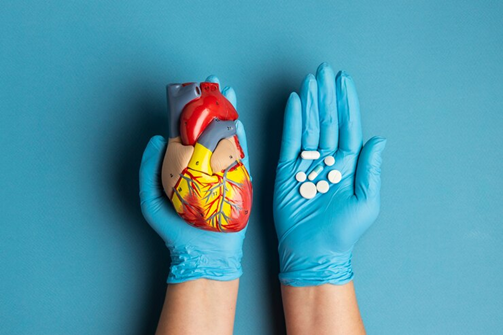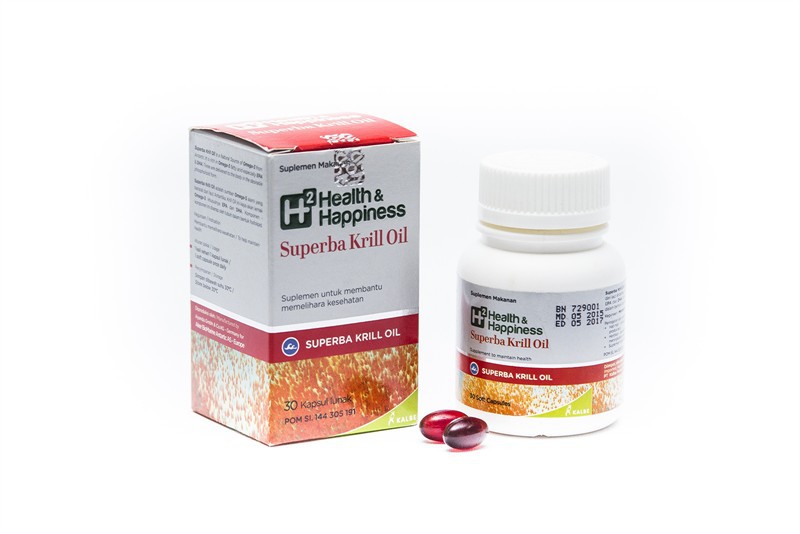
Choline is an essential nutrient that has been implicated in athletic performance due to its role in maintaining normal muscle function. The concentration of free choline in serum may decrease during long-distance high-intensity exercise, yet few nutritional strategies to counteract this potentially performance-depleting loss in choline.
Krill oil is a dietary supplement extracted from Antarctic krill (Euphausia superba), rich in the long-chain n-3 polyunsaturated fatty acids (PUFAs) eicosapentaenoic acid (EPA; C20:5 n3) and docosahexaenoic acid (DHA; C22:6 n3). Due to their immunomodulatory and anti-inflammatory properties, EPA, and DHA are associated with benefits for inflammatory-related diseases. Given that prolonged periods of high-intensity long-duration exercise may also negatively impact immune function and inflammation, there is considerable interest in marine-based n-3 PUFA supplementation as a means to improve athletic recovery.
An exploratory field study was performed by Storsve, et al, to investigate if pre-race supplementation with phosphatidylcholine from krill oil can counteract the expected drop in choline and some of its metabolites during triathlon competitions. Forty-seven triathletes, 12 females and 35 males ranging in age from 25 to 61 years, were recruited from participants in the Ironman-distance Norseman Xtreme triathlon and the Sprint/Olympic-distance
Twenty-four athletes were randomly allocated to the krill oil group, receiving 4 g of krill oil daily for 5 weeks prior to the race, and 23 athletes were randomly allocated to the placebo group, receiving 4 g of mixed vegetable oil daily. Blood samples were obtained before the race, immediately after completion of the race, and the day after the race for analysis of choline and its metabolites.
The results showed that serum choline concentrations significantly decreased from pre-race to race finish in all races, with a more pronounced decrease observed in the Ironman-distance Norseman Xtreme triathlon (34% decrease) relative to the Sprint/Olympic-distance Oslo Triathlon (15% decrease). A reduction in betaine was also observed, while dimethylglycine (DMG) concentrations remained stable across all time points. Significantly higher concentrations of choline (9.4% on average) and DMG (21.4% on average) were observed in the krill oil compared to the placebo group. The krill oil group showed a significantly greater increase in serum choline following race completion. In conclusion, krill oil may help to prevent that circulating choline concentrations become limiting during endurance competitions.
Please read: H2 Krill, Helps maintain health
Image: Ilustration (Photo by Maksim Romashkin from Pexels)
Reference:
Storsve AB, Johnsen L, Nyborg C, Melau J, Hisdal J, Burri L. Effects of Krill Oil and Race Distance on Serum Choline and Choline Metabolites in Triathletes: A Field Study. Front. Nutr. 2020;7:133. doi: 10.3389/fnut.2020.00133












